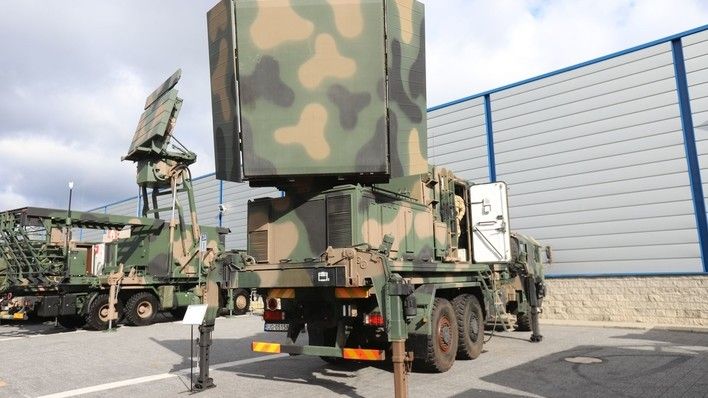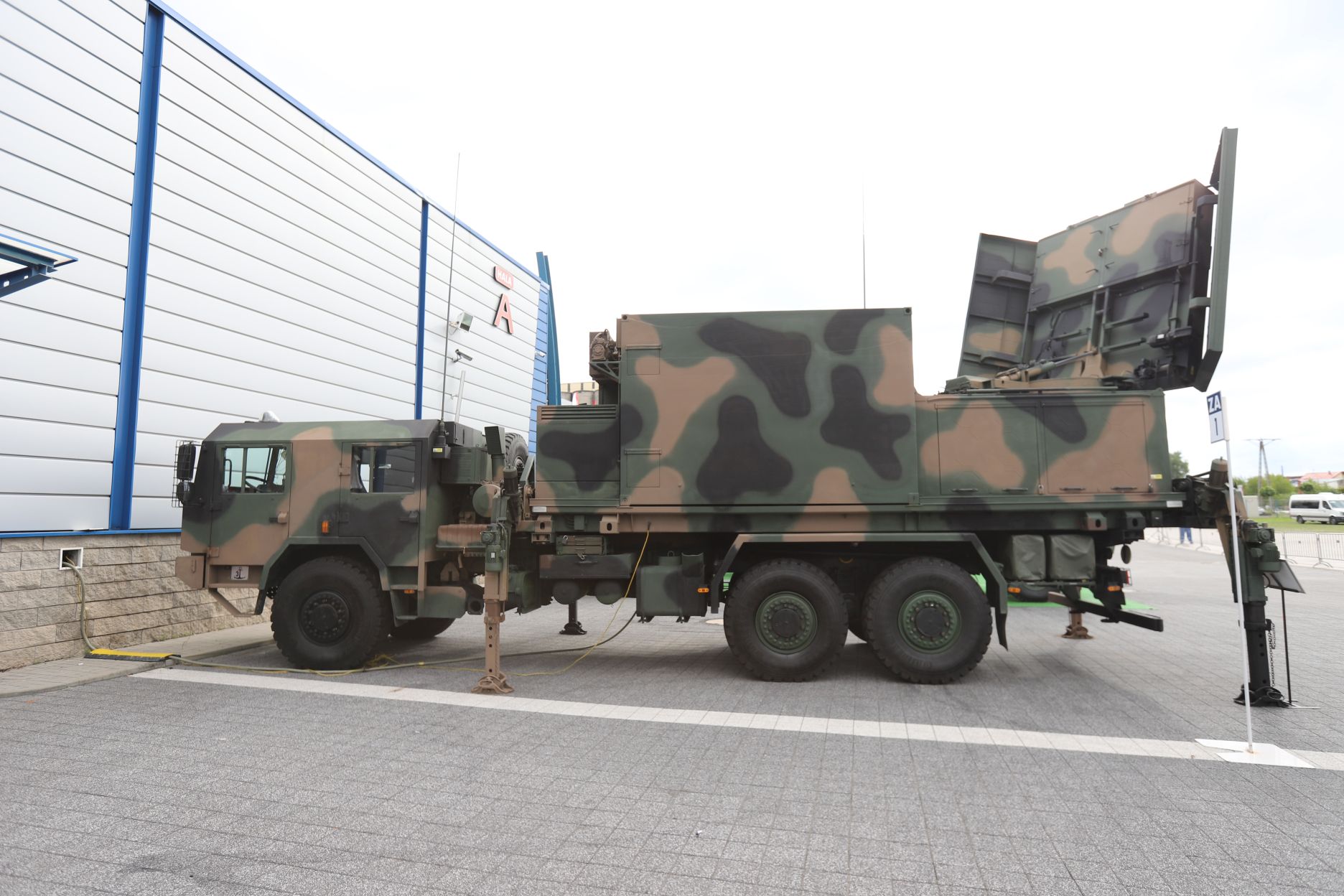Technology
Work Covered by the Liwiec Radar Procurement Contract Accomplished. What’s next?

PIT-RADWAR announced that the last example of the LIWIEC firefinder radar has been handed off to the end user in mid-December 2018. The radar is the last one of the systems ordered under the contract signed on 21st January 2013. On the basis of the aforesaid agreement the Polish military received seven mobile radars, designed to detect the enemy firing positions and direct fire of own tube and rocket artillery assets.
Handing off of the last of the ordered LIWIEC Artillery Reconnaissance Radar System, which has brought the quantity of such systems in the inventory of the Polish artillery/rocket component up to ten, does not have to mean that the requirements of the Polish military within that scope have been met. We’re speaking of a radar that enhances the capabilities of own artillery assets (improving the accuracy and indicating the targets). However, the system in question also provides safety to own forces that stay in the area that is located in direct contact with the enemy.
LIWIEC allows for fully automatic and rapid detection of enemy artillery (rocket and tube) firing positions. Secondly, the system in question may also be used to direct own assets, as it is able to track the rounds while they travel towards the target. The system in question is also useful during the peacetime; it may be used to protect the critical infrastructure and forward operating bases during the foreign deployments. RZRS LIWIEC system has already gone through its baptism of fire, securing the operations undertaken by the Polish troops in Afghanistan.
All of the above has been achieved with the system’s survivability guaranteed by its mobility (antenna folding/deployment time - less than 10 minutes) and radar’s resilience to environmental factors and enemy passive and active countermeasures, electronic warfare assets included. Effectiveness is also important here. A single LIWIEC system delivers data pertaining to an area of more than 1000 square kilometres, offering a range of up to 80 kilometres.
Appreciating the capabilities offered by LIWIEC, the military decided to work on possible employment of this system in conjunction with the KRAB sph and with the use of TOPAZ fire control system and BAR atmosphere radio-probing system. Live fire training activities of this type took place in May 2018, and they involved the 11th “Mazurski” Artillery Regiment. The exercise was organized at the firing range of the Artillery and Armament Training Centre in Torun.

LIWIEC has been designed between 2002 and 2006 at the Industrial Institute of Telecommunications, currently known as PIT-RADWAR. Following the prototype tests in 2006 that ended up in a success, the military ordered a test batch, within the framework of which three systems have been delivered until the year 2010. One of those systems was used at the Polish base in the Afghan Ghazni province. One of the LIWIEC systems was also utilized to secure the NATO summit in Warsaw and the World Youth Day organized in Cracow.
PIT-RADWAR is continuously working on development of its firefinder/counter-battery solution. The new systems feature remote/portable operator stations allowing for remote control and software upgrades that directly enhance the tactical capabilities of the system. The company is also replacing the analogue transmission-receiver paths with modern solutions based on digital technologies.
Introduction of AESA antenna arrays in the future is going to be one of the most significant changes made to the Liwiec system, on the basis of the experience gathered when implementing the BYSTRA programme, along with further enhancement of digital and software solutions within the framework of the transmission-reception framework. Thanks to the above LIWIEC systems are still going to be procured, further enhancing the accuracy of assets such as KRAB, RAK, HOMAR or LANGUSTA.
Moreover, LIWIEC may also be utilized as a source of data on small airborne objects (UAVs) and ground based objects (fixed and mobile ones). This, in turn, enhances the situational awareness and makes the tactical picture more accurate.
Read More: 35 mm OSU (Vessel Armament System) Certified
